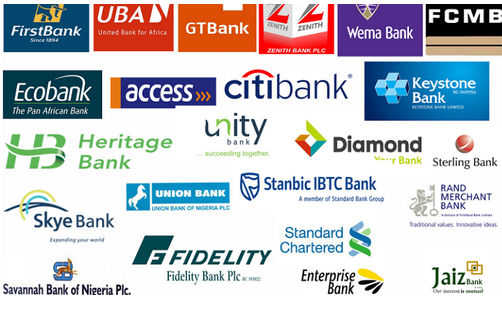The Federal Competition and Consumer Protection Commission has said that as a result of continuing complaints about questionable repayment enforcement practices including public shaming and violations of privacy, arbitrary, unjust, unreasonable, or exploitative interest rates and or loan balances calculations, harassment, and failure of consumer feedback mechanisms among others which have led to significant and understandable consumer aggravation and dissatisfaction, it has in collaboration with other agencies launch investigation into unwholesome practices in banks. The federal institutions it is investigating banks with are ICPC, EFCC, CBN, NITDA.
According to the agencies the decision to wade into complaints against bank was taken on November 10, 2021 when it hosted a meeting attended by the Chief Executive Officer of the Independent Corrupt Practices Commission (ICPC), and representatives of the National Information Technology Development Agency (NITDA) and the Central Bank of Nigeria (CBN); in leading an effort to address multiple potentially dubious conduct of certain money lenders, otherwise known as loan sharks.
It said that initial inquiries demonstrate that many of the purported lenders are not legally acceptably established or otherwise licensed by the appropriate authorities to engage in the services they ostensibly provide. The meeting resolved to collaborate, pursue urgent enforcement action against already known violators while investigating others, as well as criminal prosecutions where applicable. A joint task-force of analysts and enforcers was also created and immediately activated. Babatunde Irukera, the Executive Vice Chairman/CEO of the Commission thanked the invited agencies for the swift responses and willingness to collaborate in addressing what is fast becoming a dominant and abusive practice targeting some of the most vulnerable in the society.
The agencies recognise and welcome products and providers that bridge or close the lending gap to consumers who would otherwise be ineligible for conventional loans from traditional financial institutions, as well as the scalability and ease of access to financing for many people. However, this must occur within legally acceptable parameters of transparency and fairness.

